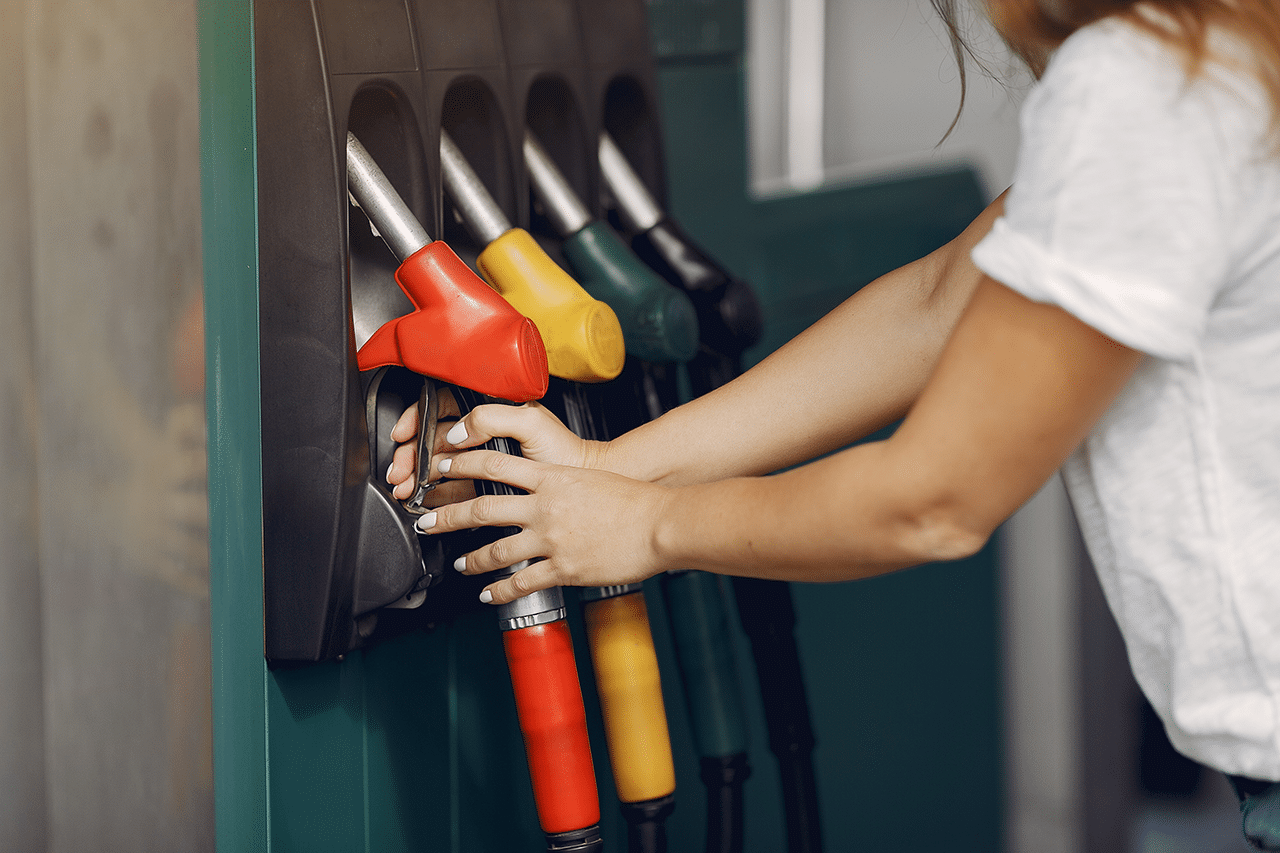Each time we go to fuel up at the petrol station, we’re faced with a variety of differently coloured or labelled fuel pumps. Most of the time, we’re only familiar with one of these; that is, the one pump we reach for time and time again, that we’ve used for as long as we’ve owned our vehicle. But we’re willing to bet that at some stage, whilst you’ve stood there gripping the nozzle and staring awkwardly into space whilst waiting for your tank to fill up, you’ve asked yourself, ‘what is the real difference between 92, 95 and 98 petrol?’
Let’s take a dive into these petrol types explained:
First Up- What’s with All the Numbers?
You may know the different petrol types by names, such as unleaded or premium unleaded. On the other hand, you may know them by their numbers; 91, 95 and 98. These numbers dictate the fuel’s octane rating, which is basically a measure of its ability to resist ‘knocking’ during combustion. Knocking occurs when the air-fuel mixture inside your engine ignites before it’s supposed to, which is what causes the knocking sounds, and indicates that you’re using the wrong type of fuel. Depending on your vehicle’s needs and requirements, one type of fuel will be more suitable for it than others. However, just because a higher number means a higher level of resistance, don’t assume that the fuel type with the greatest octane rating will always be the better option for your car. Some vehicles may show no obvious benefit from running on premium fuel.
Below, we’ve run through all three of the different petrol types, and when you might use them:
91 Standard Unleaded
91, also known as standard unleaded, is the most common fuel type found throughout Australia. If you’ve got a run-of-the-mill vehicle with no high-performance requirements, then this is probably the fuel type you’ve been using to power your ride. It’s the cheapest option out of the three, and for most vehicles, the minimum recommended fuel type in terms of octane level.
95 Premium Unleaded
Other types of vehicles, most commonly luxury European brands, state 95 premium unleaded or higher as the recommended fuel type. If your car requires this, you’ll notice “Premium Unleaded Only” inside the filler flap. This is most common for manufacturers such as Volkswagen, Mercedes-Benz and MINI, along with certain models of BMW and Audi. Keep in mind that you should never fill any vehicle requiring 95 premium unleaded with anything less than. For instance, if you were to fill a high-performing vehicle with 91 standard unleaded, it could cause serious damage to your vehicle’s fuel injection system, as well as the engine. This is why it’s imperative to know what type of fuel your vehicle needs.
98 Premium Unleaded
98 is the highest octane unleaded fuel, which is said to provide the highest level of performance as well as less pollution. Being the highest octane unleaded fuel, it is also the most expensive out of the three. For some high-performance vehicle models, it is the only type of fuel that they are able to run on.
Now, going back to what we said about premium fuel not being the best option for everyone; undoubtedly, if your vehicle’s manufacturer calls for premium unleaded fuel, you have no choice but to run your vehicle on it. However, if you’re filling up your vehicle with 95 or 98 when the minimum recommended fuel type is 91, it may not be worth your while for the extra dollars you’re spending. If you’re driving a vehicle with a low-powered engine, then pumping it full of premium fuel isn’t going to give any significant performance benefit, because the engine won’t be creating enough pressure to make the premium fuel worth it. Of course, you can always give it a try yourself if you want to see if there are any results first-hand.
At European Prestige Auto Service, we specialise in providing luxury service to a range of prestigious European vehicle brands, including BMW, Mercedes-Benz, Volkswagen, Audi and more. If you’ve suspected you’re using the wrong fuel type, or are in need of advice regarding what fuel type to use for your vehicle, we’re more than happy to help.
To book a service, be sure to give us a call today!






